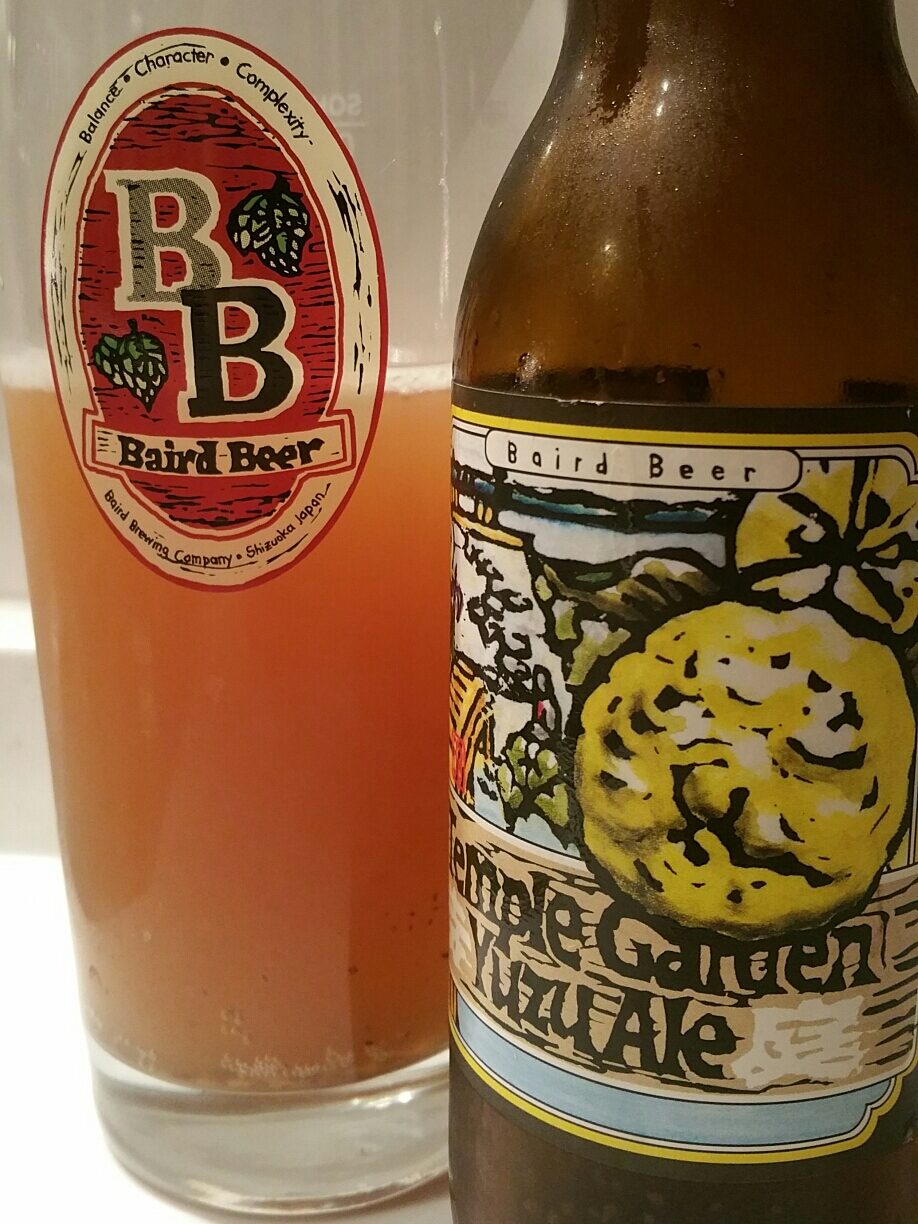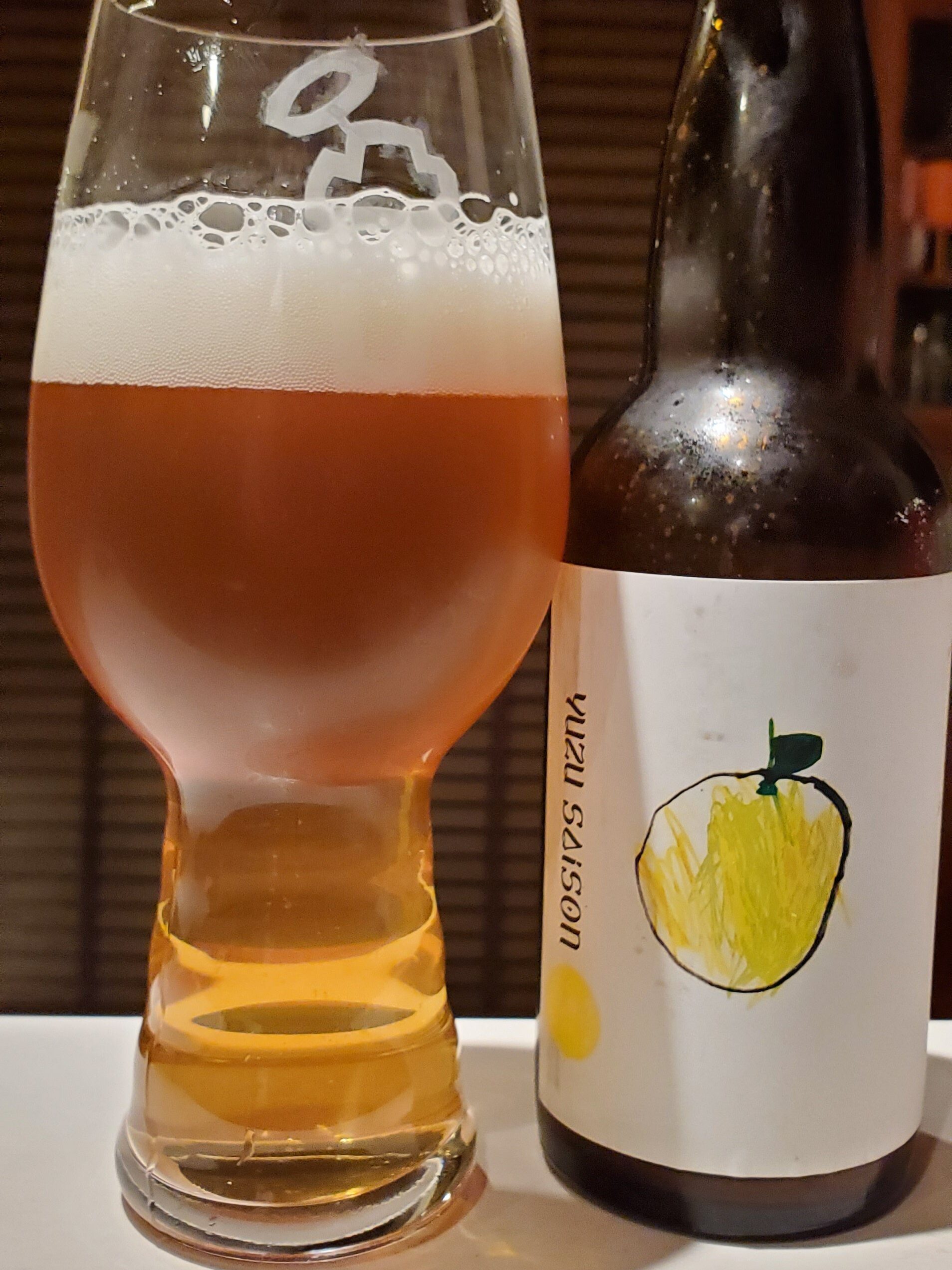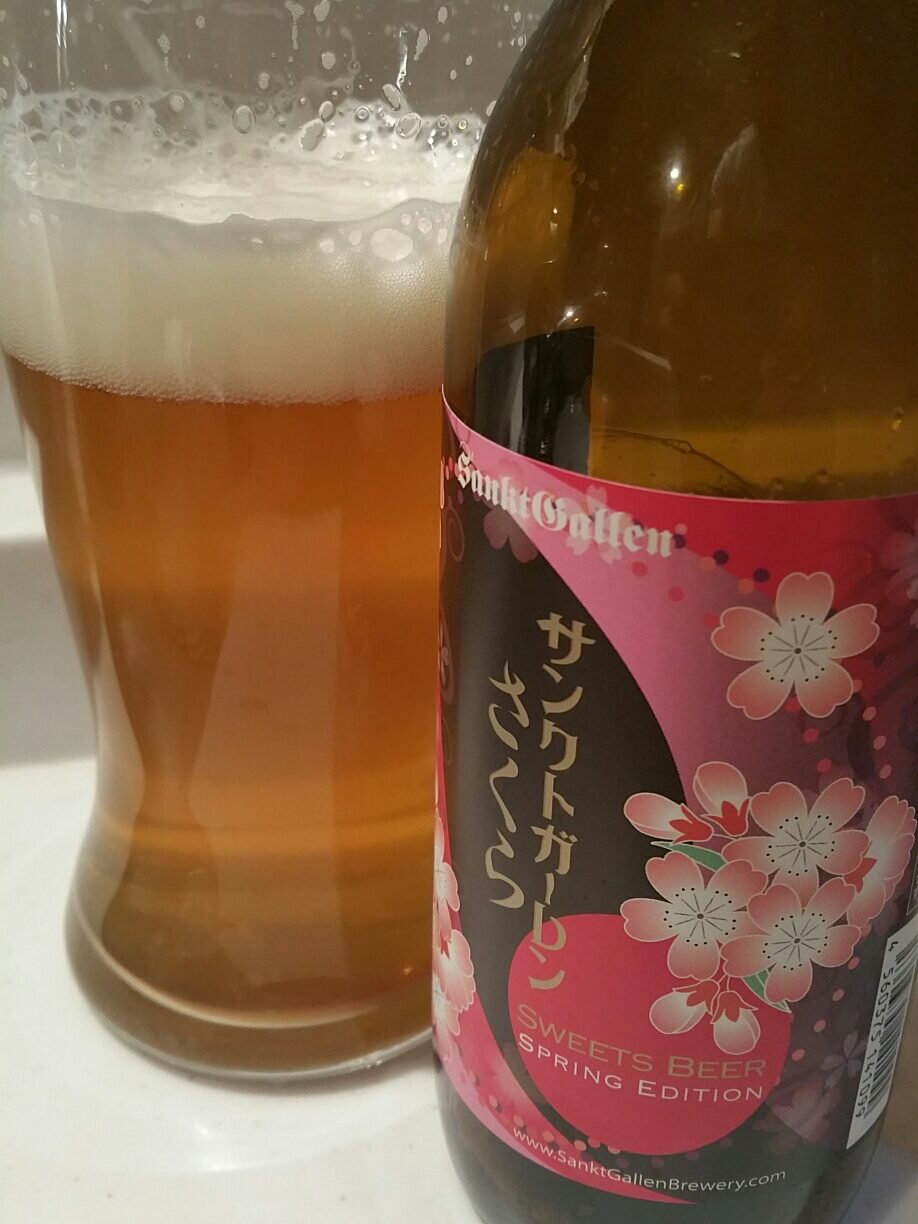Seasonality plays a big part in Japanese cuisine, with families and restaurants alike cooking dishes throughout the year that depend on the ingredients that are in season at the time of preparation. The word shun (旬) is a word that relates to the the time of year when certain food is at its freshest and most flavorful. Using these harvest times, produce is utilised at its peak freshness, reducing waste and transportation costs. Of course, there are greenhouses and imports of food throughout the year, but once the season has finished, then most families and restaurants in Japan will not serve those dishes for another 9 – 10 months.
Fruits & Vegetables Associated with Spring
Spring – a time for cherry blossom viewing in Japan, known as hanami, one of the most popular activities throughout the months of March and April as Japan begins to turn pink across the country. As such, cherry blossoms are one of the most popular adjuncts to be used in beers. There are many other fruits and vegetables associated with spring in Japan, so let’s take a look:
Strawberries
If you’ve been in Japan in late winter, then you’ll notice the sale of strawberries. While in other countries they are usually associated with summer months, the plethora of greenhouses that grow them in Japan means that they tend to be more winter and spring fruits.
Yuzu
A fruit that has its origins in China, yuzu were imported to Japan a few hundred years ago and have become synonymous with dishes. It’s vibrant yellow skin, combined with a citrusy grapefruit pithy flavour, means its often at the forefront of a beer. They are good fruits to withstand the cold winter months in Japan and like strawberries, though they are more used in winter months, they really come alive in spring dishes to bring out the vibrancy.
Cherry blossoms
What would spring be without some cherry blossom inspired food. Though the blossoms don’t come out until late March / early April, people will be grabbing them as soon as they can to use in their food. What is more common though is to store the previous year’s cherry blossoms and use them in the dishes next year. When eaten fresh, they have a slightly sweet and floral taste with a hint of bitterness. The taste is subtle and can vary depending on the variety of cherry blossoms across the country.
Beers to Try
While this is not an extensive list, these are some of the beers that use the above fruits, and sometimes more, to their best effect.
Coedo Strawberry Wheat
Coedo Strawberry Wheat is brewed using a strain of strawberries called Yotsuboshi from Higashimatsuyama City, Saitama Prefecture, where Coedo Craft Beer Brewery is located. These strawberries are a strain known for their sweetness, sourness, and delicious flavour.
This beer was first released in 2021 and has seen subsequent releases due to its popularity though it does sell out quickly.
Coedo Strawberry Wheat

Baird Temple Garden Yuzu Ale
Baird Temple Garden Yuzu Ale is part of their fruitful life series and first came about after Bryan Baird received a batch of yuzu from a lone yuzu tree in the local Kiyokawa Temple garden. The label is an abstract rendition of the Kiyokawa-Dera garden.
Yuzu fruit is added in two different forms – as peel shavings and as freshly squeezed juice – and at two different stages of brewing – one at wort production before primary fermentation and one during beer maturation before packaging and secondary fermentation.

Hideji Spring Yuzu Ale
Hideji Spring Yuzu Ale is brewed using juice from locally grown yuzu, known as Japanese citron, from the Miyazaki area. Miyazaki is the fourth biggest grower of yuzu in Japan, and is rather prized by yuzu fans outside of the area as very few make it out of the area.
Hideji Spring Yuzu Ale also uses a blend of Miyazaki-grown barley and pilsner malt, along with mixed bitterness of hop and yuzu makes this beer burst with fresh fruit that is both bitter and tart yet dry and refreshing.

Shonan Beer Yuzu Saison
This beer, first released in 2021, from Shonan Beer takes a saison base and uses yuzu juice from the Fujino area in Kanagawa Prefecture. The beer originally appeared as part of their “phantom series”, that is beers that were experimental and not guaranteed to be part of either the seasonal or regular line-up from Shonan Beer.
A cloudy type saison made with wheat malt as well as using American hops with the skins of each yuzu being peeled one by one and soaked during secondary fermentation.

Yorocco Yuzu Saison
Yorocco Yuzu Saison is brewed using locally sourced yuzu, also known as Japanese citrons, and the label was drawn by the brewer’s child. The key point about this yuzu saison is that the farm that supplies the yuzu each year varies.
In 2023, the farm was Watanuki Farm (also known as Buscape Farm) in Fujisawa and Yorocco Beer used around 80 kg to make the version. The beer uses the flesh and they also steep the beer in the peels, without the pith, of the yuzu to help impart a stronger flavour.

Sankt Gallen Sakura
Sankt Gallen Sakura uses cherry blossoms and leaves from Takato, Ina City, Nagano Prefecture that are hand picked around Golden Week. 60 kg of edible double cherry blossoms, which is also used for cherry blossom tea, is used for one batch (2340 L). and then the leaves are allowed to sit in a refrigerator, after being combined with salt, water, and pressure, to extract as much of the juice as possible.
In addition to regular barley malt, 20% wheat malt is used for a softer mouthfeel. In addition, the sake rice “Rakufumai” cultivated at Izumibashi Sake Brewery in Ebina City, Kanagawa Prefecture is also used.
